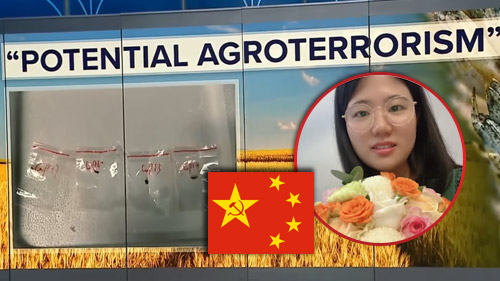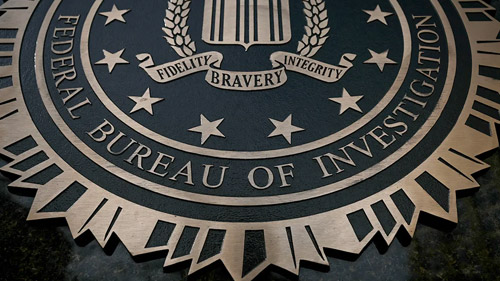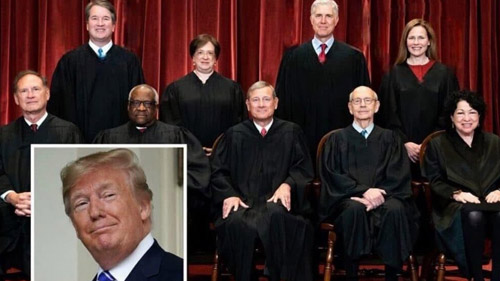| Recent Featured Videos and Articles | Eastern “Orthodoxy” Refuted | How To Avoid Sin | The Antichrist Identified! | What Fake Christians Get Wrong About Ephesians | Why So Many Can't Believe | “Magicians” Prove A Spiritual World Exists | Amazing Evidence For God | News Links |
| Vatican II “Catholic” Church Exposed | Steps To Convert | Outside The Church There Is No Salvation | E-Exchanges | The Holy Rosary | Padre Pio | Traditional Catholic Issues And Groups | Help Save Souls: Donate |  |









 " />
" /> " />
" /> " />
" /> " />
" /> " />
" />




Objection 10): Pope Pius XII declared in Vacantis Apostolicae Sedis that a cardinal, no matter what excommunication he’s under, can be elected pope.
ANSWER: As we’ve already shown, it’s a dogma that 1) heretics are not members of the Church; and 2) that a pope is the head of the Church. It is a dogmatic fact, therefore, that a heretic cannot be the head of the Church, since he is not a member of it.
What, then, does Pope Pius XII mean in Vacantis Apostolicae Sedis? First off, one needs to understand that excommunication can be incurred for many things. Historically, excommunications were distinguished by the terms major and minor. Major excommunications were incurred for heresy and schism (sins against the faith) and certain other major sins. Those who received major excommunication for heresy were not members of the Church (as we have just proven at length). Minor excommunication, however, did not remove one from the Church, but forbade one to participate in the Church's sacramental life. Pope Benedict XIV made note of the distinction.
Minor excommunication, on the other hand, was incurred for things such as violating a secret of the Holy Office, falsifying relics (c. 2326), violating a cloister (c. 2342), etc. These are all ecclesiastical or Church penalties. Such actions, though gravely sinful, did not separate a person from the Church. And though the terms major and minor excommunication are no longer used, it remains a fact that a person could incur an excommunication (for something other than heresy) which would not separate him from the Church, and he could incur an excommunication for heresy which would separate him from the Church.
Therefore, a cardinal who receives an excommunication for heresy is no longer a cardinal because heretics are outside the Catholic Church (de fide, Pope Eugene IV). But a cardinal who receives an excommunication for something else is still a cardinal, though in a state of grave sin. So when Pope Pius XII says that all cardinals, whatever ecclesiastical impediment they are under, can vote and be elected in a Papal conclave, this presupposes cardinals who have received an excommunication for something other than heresy, since a cardinal who has received an excommunication for heresy is not a cardinal at all. The key point to understand is that heresy is not merely an ecclesiastical impediment – thus it is not what Pius XII is talking about – but an impediment by divine law.
Notice, heretics are not excluded from the Papacy by merely ecclesiastical impediments, but impediments flowing from the divine law. Pius XII’s legislation doesn’t apply to heresy because he was speaking about ecclesiastical impediments: “…or any other ecclesiastical impediment…”. Thus, his legislation does not show that heretics can be elected and remain popes, which is why he didn’t mention heretics. Pope Pius XII was referring to Catholic cardinals who may have been under excommunication.
To further prove the point, let’s assume for the sake of argument that Pope Pius XII’s legislation did mean that a heretical cardinal could be elected pope. Notice what Pius XII says:
Pius XII says that the excommunication is suspended only for the time of the election; at other times it remains in vigor. This would mean that the excommunication for heresy would fall back into force immediately after the election and then the heretic who had been elected pope would lose his office! Thus, no matter what way you look at it, a heretic could not be validly elected and remain pope.
If a heretic (one who denies the faith) could be the head inside the Church, then the dogma that the Church is one in faith (as in one, holy, Catholic and apostolic) would be false.
See other Answers to the Most Common Objections Against Sedevacantism
[1] The Papal Encyclicals, Vol. 1 (1740-1878), p. 84.
[2] Institutiones Iuris Canonici, 1921.
Sign up for our free e-mail list to see future vaticancatholic.com videos and articles.
Recent Content
^